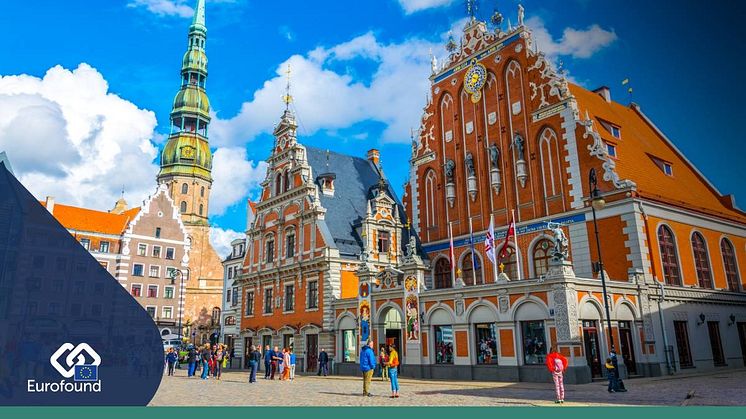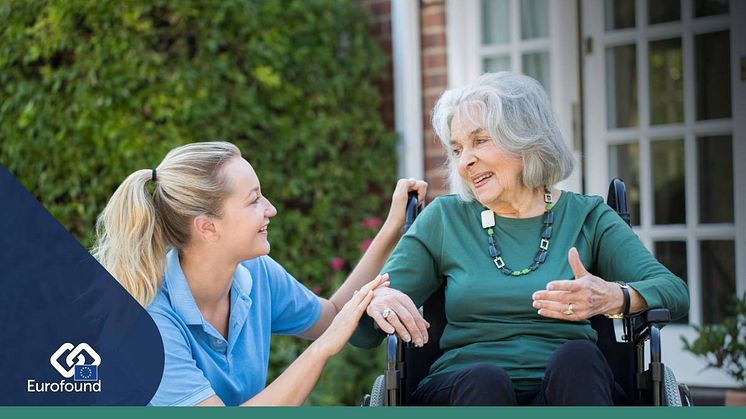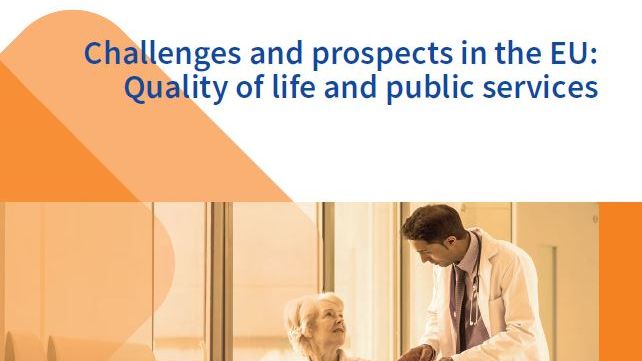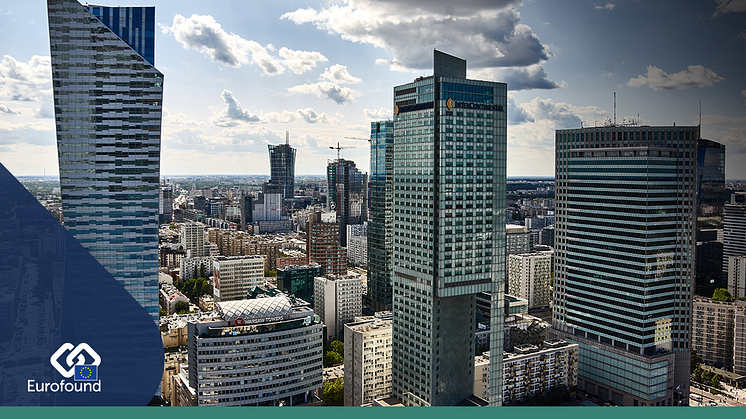
News -
Living standards and wellbeing improving in Latvia, but not for everyone
Quality of life in Latvia has improved significantly in recent years with the share of people struggling to make ends meet reducing from 76% in 2003 to 52% in 2016. At the same time, self-reported life satisfaction increased from 5.6 in 2003 to 6.3 in 2016 and happiness levels from 6.5 to 7.0. Although the proportion of people at risk of poverty has decreased and quality of life has improved, Latvia has the fifth highest level of income inequality across the EU and regional disparities are growing.
Since joining the EU in 2004, Latvia’s economy has grown rapidly making it one of the fastest countries to converge with EU averages, as identified in Eurofound’s research on Upward convergence in employment and socioeconomic factors. This is evident in the improvements to perceived quality of life, falling unemployment rate and improved job quality. There have also been significant improvements in educational attainment with the rate of early school leaving nearly halving from 15.6% in 2006 down to 8.3% by 2018 – meeting the Europe 2020 target. Additionally, there has been growth in the share of people gaining a tertiary qualification, with over 40% of people aged 30-34 holding a tertiary-level qualification in 2018, as identified in Eurofound’s flagship report.
However, this positive picture does not encapsulate the complete narrative, as Eurofound’s research on regional shifts in employment highlights that although countries in central and eastern Europe are converging well, quite significant regional disparities are emerging, particularly between urban and rural areas. As mentioned, the education system is performing well in terms of learning achievement, however access to quality education remains dependent on a person’s place of residence. Furthermore, the growth of high quality jobs has mainly been in urban areas, while rural areas with lower productivity have not benefited from economic growth to the same extent, and in some cases, have experienced a decline in employment opportunities and increased levels of inequality
As Latvia has made substantial social and economic progress over the last 15 years with quality of life improving, wages increasing and educational attainment levels climbing, high levels of inequality have meant these positive developments have not reached everyone. There is however progress being made to address the high level of inequality, as minimum wages are increasing in certain sectors and measures to raise social protection spending and increase the minimum pension have been proposed – significant given that Latvia has the second oldest workforce in the EU and one of the lowest rated pension systems.





